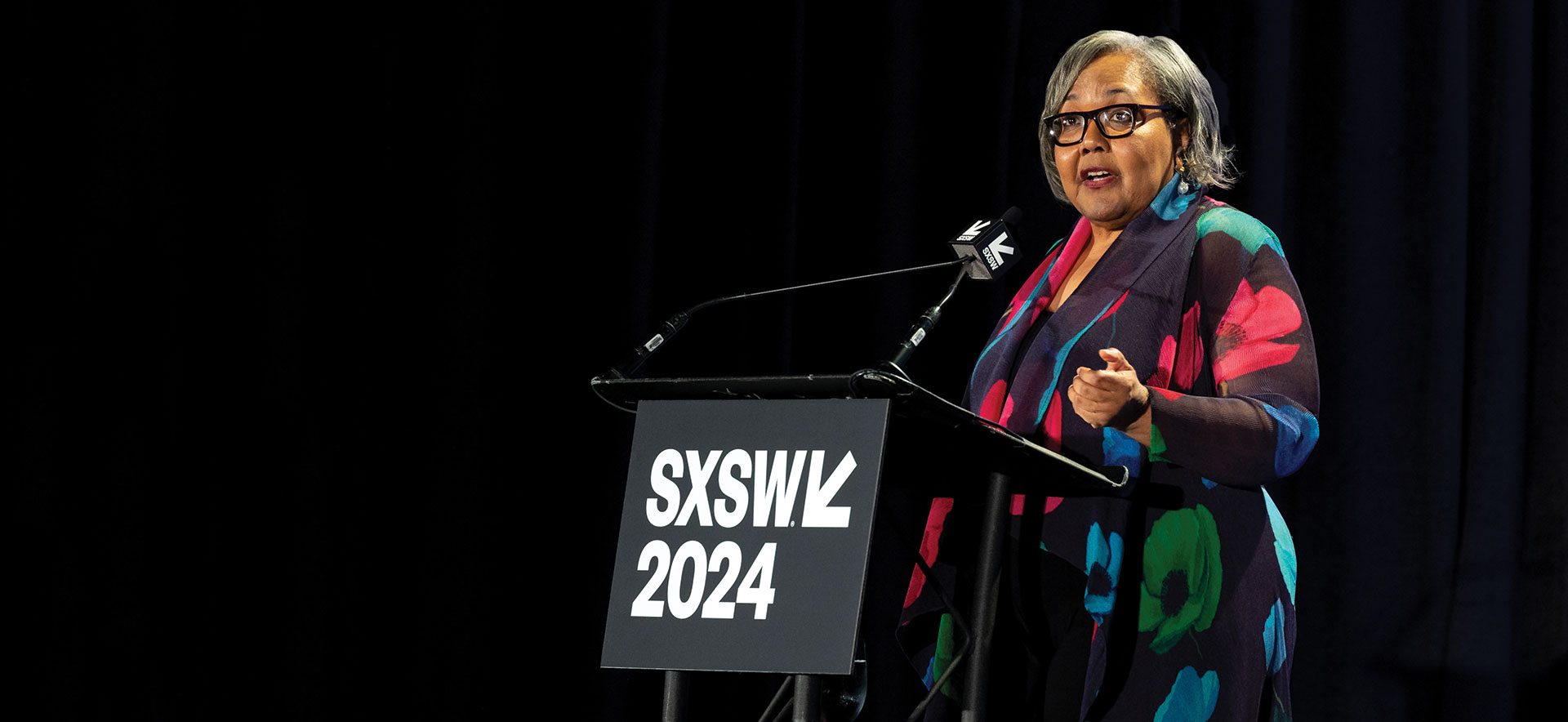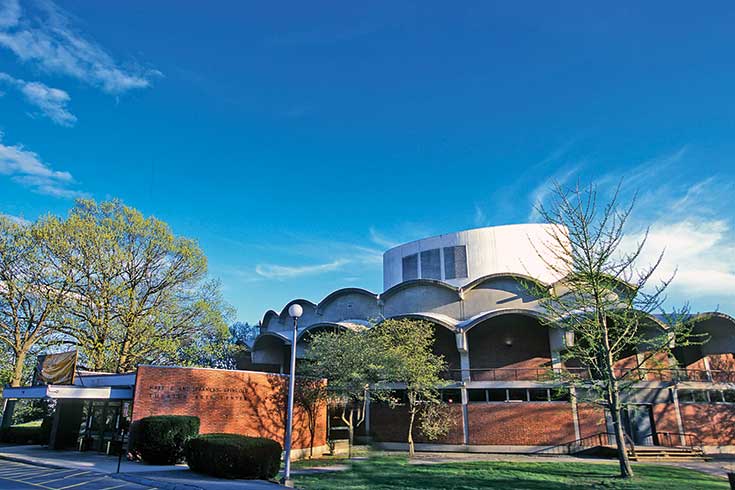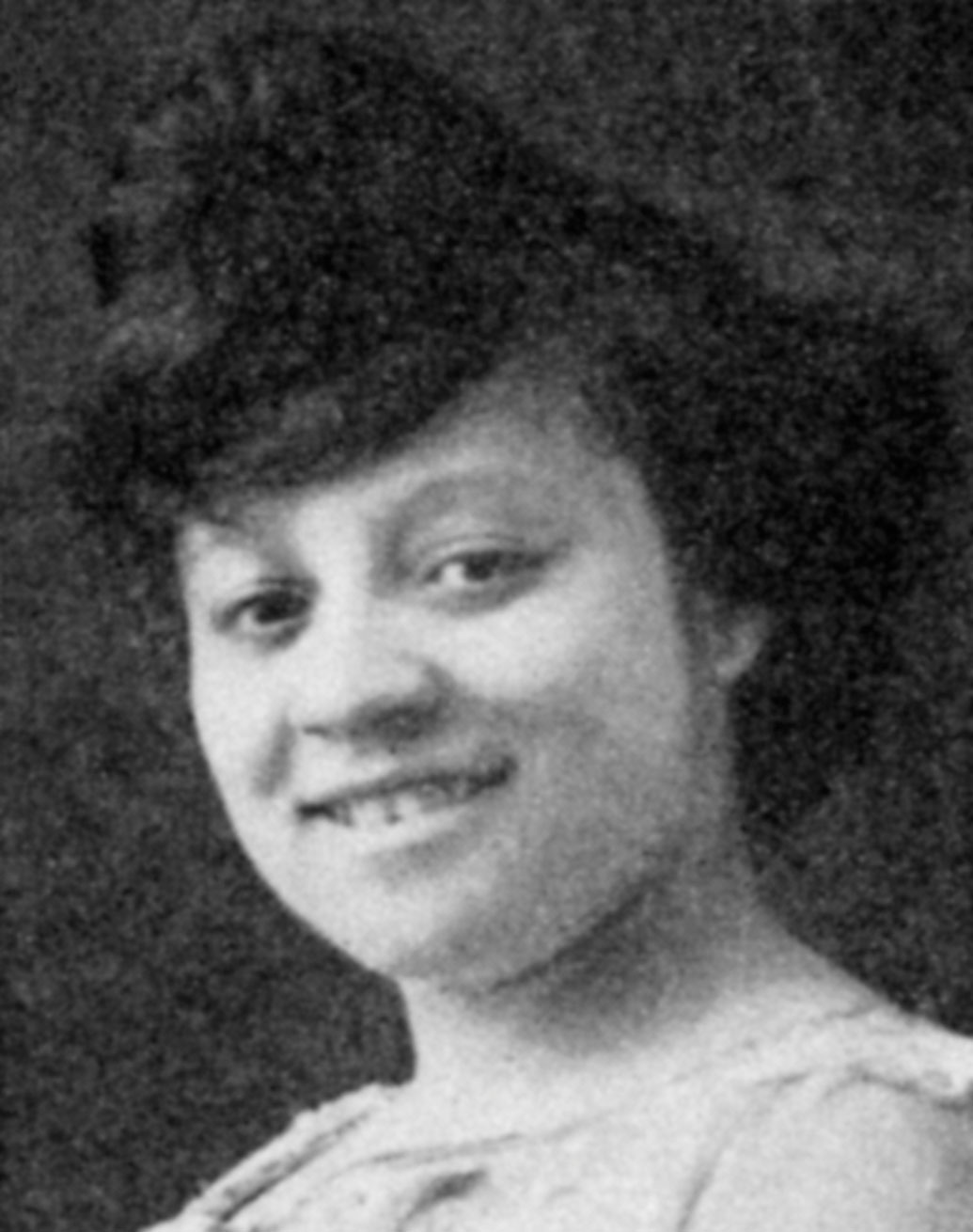Brandeis Magazine
Summer 2024
The Brandeis Questionnaire
Julieanna Richardson ’76, H’16

Photo Credit: Errich Petersen / SXSW Conference & Festivals via Getty Images
“As a little Black girl, I did not know that American history had anything to do with someone who looked like me,” Julieanna Richardson ’76, H’16, founder of the oral-history archive The History- Makers, recalls in the video of her 2022 TED Talk.
She had been the only African American girl in her elementary school class in Newark, Ohio. “American history was George Washington cutting down his cherry tree,” she tells her TED Talk audience. “American history was white.”
This sense of not having a history — of not belonging — followed Richardson to Brandeis, where she double-majored in theater arts and American studies. Then, in her sophomore year, while conducting independent research at New York City’s Schomburg Center for Research in Black Culture, she listened to a recording of the 1921 Broadway production of “Shuffle Along,” which featured the song “I’m Just Wild About Harry.” It was a revelatory experience.
“I had no idea that this song that I associated with President Harry Truman was actually written by the African American vaudeville songwriting team of Noble Sissle and Eubie Blake,” she says in her TED Talk. “I had found myself. I had a history to call my own. From that day forward, my life was forever changed.”
After Brandeis, at her father’s urging, Richardson enrolled at Harvard Law School. She went on to join a law firm at which she was the only Black attorney in its corporate department. Richardson left the firm a few years later; became a leading cable-industry executive in Chicago; then started a production company and a home shopping channel, the latter of which failed.
It was 1998. She was unemployed, in her mid-40s, single, and without children. One night, sitting at home, she brooded about her life’s legacy.
That’s when she had another epiphany. What if she drew on her theater arts and American studies knowledge and her background in law and videography to bring Black history into the mainstream, to preserve it and make it accessible to all?
“We in the Black community have always had value,” she says. “It’s just been hidden from view, not well documented.”
Richardson decided to create a video oral-history archive of interviews with African Americans, from the likes of Barack Obama and civil rights icon John Lewis, to the oldest living cowboy and many other “unsung heroes,” as she describes the ordinary African Americans whose stories might otherwise be forgotten.
Launched in 2000, The HistoryMakers is today the world’s largest video archive of interviews with African Americans from all walks of life. More than 3,300 individuals have been recorded to date. All the interviews are archived in the Library of Congress.
Richardson talks about the project with a deep sense of urgency: Roughly 900 interviewees have died since the project began. “We’re in a race against time,” she noted in a “60 Minutes” interview last year.
In her 2016 Commencement address at Brandeis, Richardson said her years at the university planted the seeds for her work.
“My exposure to the Jewish tradition taught me so much about how to value history, heritage, and legacy,” she said. “In fact, it is here, as a Black person, that I found my identity, as well as my life’s passion and the freedom to pursue it.”
 What was your idea of perfect happiness when you were at Brandeis?
What was your idea of perfect happiness when you were at Brandeis?
Rehearsing and acting at Spingold Theater. Doing research on the Harlem Renaissance and poet Langston Hughes. Spending time with friends and volunteering in Roxbury.
Who was your favorite Brandeis professor?
Lawrence Fuchs [founder of the university’s American studies department] was my professor, mentor, and friend.
If you could be any other Brandeisian, who would it be?
I love Angela Davis ’65. Always have and always will.
What is the most important value you learned at Brandeis?
I learned several: hard work, the importance of culture and intellect, and a commitment to society.
What was the most important shortcut you learned in college?
There are no shortcuts in life.
Which talent did Brandeis help you develop most?
Research and analysis.
What do you wish you had studied harder?
I wish I hadn’t shied away from STEM classes. I have learned that STEM centers itself around inquiry and discovery.
What three words of advice would you give to current Brandeis students?
Passion, purpose, commitment.
If you could go back to college, what would you do differently?
I would not change anything. Brandeis for me was a time of personal and intellectual growth.
What would your friends say is your greatest strength?
My persistence.
What would your friends say is your greatest weakness?
Not being able to say no.
What is your blind spot?
I often want to see the best in others.
What movie changed your life?
“Black Panther” was transformative.
What book do you read again and again?
There are so many books still to read. Still so much more to learn.
Which possession do you most like to look at?
A painting given to me by Boston artist Paul Goodnight.
Which bad break was your biggest blessing?
Not being hired by a friend. It led me to start The HistoryMakers.
Whom would you like to sing a duet with?
Abbie Mitchell, who made the original recording of George Gershwin’s “Summertime.”
If you could climb into a time machine, whom would you like to hang out with?
I would want to meet Sally Hemings [who was enslaved to Thomas Jefferson and bore children by him]. Not to hang out with her, but to understand what actually happened.
On your deathbed, what will you be most grateful for?
That I pursued my life’s passion, rescuing and preserving history that otherwise would be irrevocably lost.

